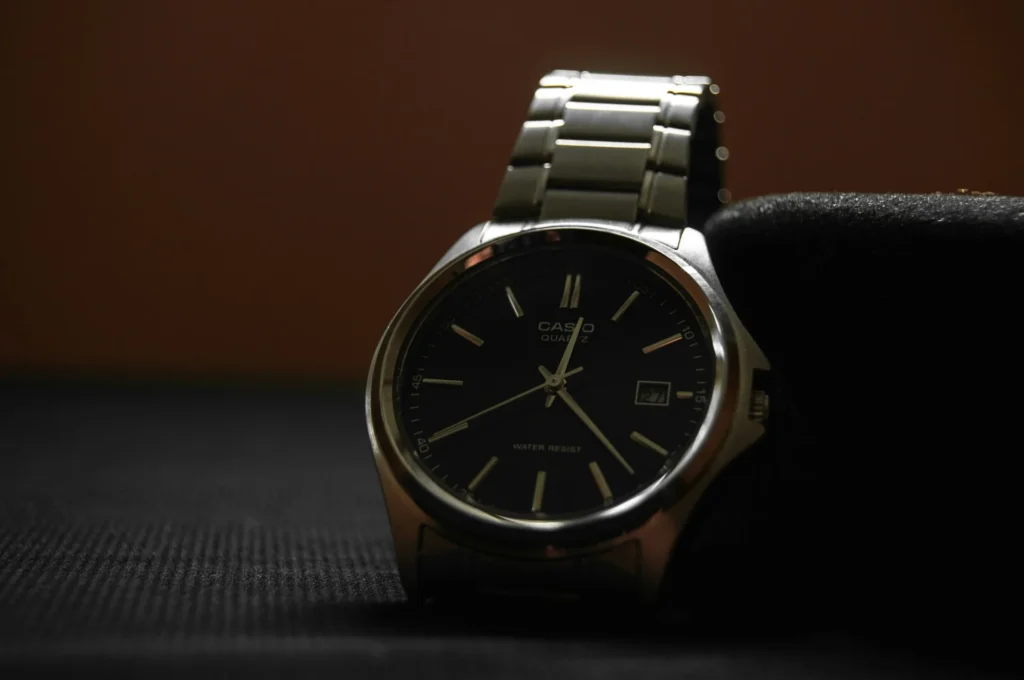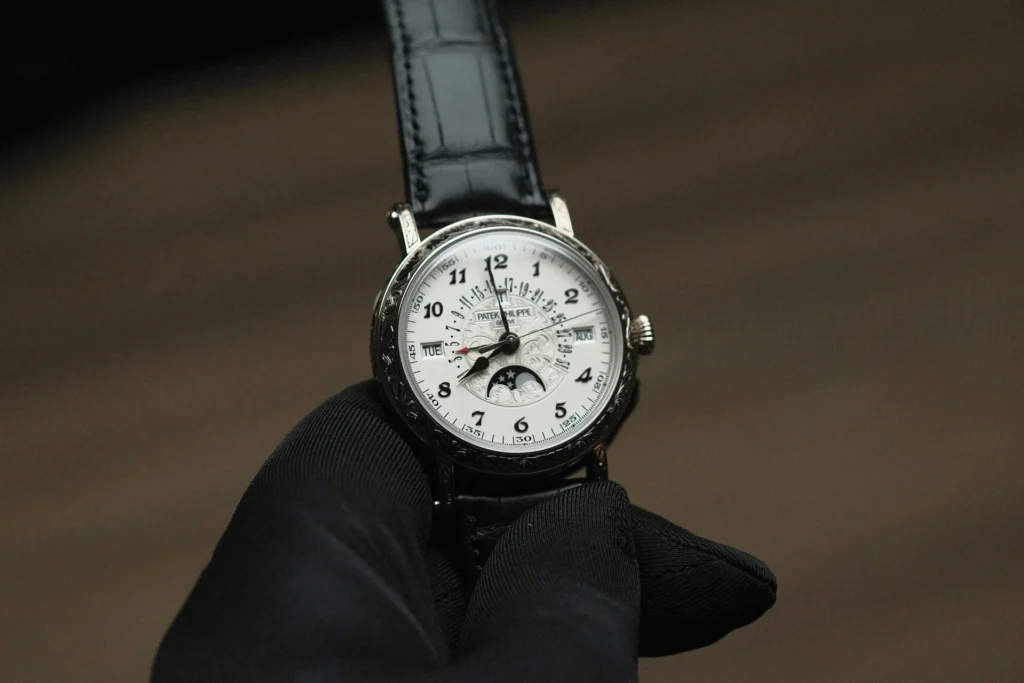Quartz vs Mechanical Watches: Which One Should You Get?
You’re in the market for a new watch, but you’re torn between a quartz or mechanical one. Don’t worry—we’ve got you covered. In this guide, we will break down the key differences and help you figure out which type suits you best. By the end, you will have a clear understanding of whether to opt for a quartz or mechanical watch. Let’s get started!
What’s the Deal with Quartz Watches?
Quartz watches are the modern, battery-powered timekeepers that have been around since the 1970s. They work by using a tiny quartz crystal that vibrates at a precise frequency when zapped with electricity. This vibration is then translated into super-accurate timekeeping by the watch’s circuitry.

The biggest selling point of quartz watches is their incredible accuracy. We’re talking just a few seconds off per month – way more precise than those old-school mechanical watches. Plus, they’re low-maintenance since you only need to replace the battery every few years.
Brands like Timex, Casio, and Citizen offer tons of stylish and affordable quartz options, making them a great choice if you’re on a budget.
And the Mechanical Watches?
Ah, mechanical watches – these are the old-school, intricate pieces of horological art. Instead of batteries, they run on a complex system of gears, springs, and rotors. Mechanical watches can be either self-winding (automatic) or hand-wound.

While they may not be as accurate as quartz, mechanical watches have a certain charm that watch enthusiasts go gaga over. The delicate sweeping of the second hand, the soft ticking sounds – it’s all part of the experience. Plus, many appreciate the incredible craftsmanship and heritage that goes into making these miniature mechanical marvels.
Luxury brands like Rolex, Omega, and Patek Philippe are famous for their high-end mechanical timepieces, but you’ll pay a pretty penny for one. However, some affordable brands like Citizen, Orient, Tissot, and Seiko also make automatic watches, accessible to wide customers.
Related Blog Post: List of Best Automatic Watches
So, Which One Should You Choose?
Here are some key factors to consider when deciding between quartz and mechanical:
Accuracy: If being on-the-dot punctual is crucial for you, go quartz. They’re way more precise.
Maintenance: Quartz watches only need battery swaps, while mechanical may require servicing every few years to stay accurate.
Cost: Generally, quartz watches are more affordable, but high-end mechanical pieces can cost a small fortune.
Personal Preference: Watch snobs love the artistry of mechanical watches. If you appreciate craftsmanship over pure utility, go mechanical.
At the end of the day, there’s no definitive “better” choice. It really depends on your needs, style, and budget.
If you want precision timekeeping and low-maintenance convenience on a budget, a nice quartz watch from Timex or Casio could be perfect.
But if you’ve got deep pockets and a passion for horology, investing in a luxury mechanical timepiece might be your dream come true. Just don’t expect it to be as accurate as a quartz.
For most regular folks, an affordable quartz watch will likely do the trick. But maybe treat yourself to an automatic watch down the line if you get bitten by the watch bug!
The choice is yours, my friend. Weigh the pros and cons, figure out your priorities, and buy the watch that truly speaks to you. Don’t be afraid to let your personal style and individuality shine through your timepiece of choice!